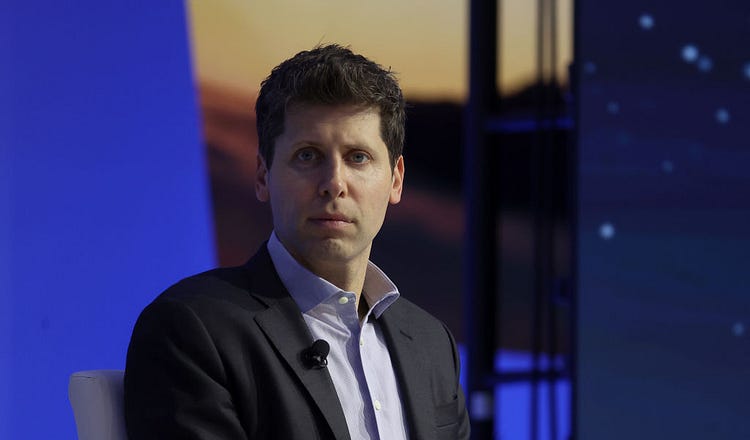What's Going on At OpenAI?

OpenAI CEO Sam Altman looks on during the APEC CEO Summit on November 16, 2023 in San Francisco, California. (Justin Sullivan via Getty Images)
Sam Altman was, for better or for worse, leading the charge into our AI-driven tomorrow—until he was abruptly ousted by the board last Friday.
7
When it comes to building the future we’ll all inhabit, few people matter more than Sam Altman.
The OpenAI founder was, for better or for worse, leading the charge into our AI-driven tomorrow—until he was abruptly ousted by the OpenAI board on Friday. Investors freaked out. So did OpenAI’s employees, who, judging from Twitter, appeared ready to jump shi…
Continue Reading The Free Press
To support our journalism, and unlock all of our investigative stories and provocative commentary about the world as it actually is, subscribe below.
$8.33/month
Billed as $100 yearly
$10/month
Billed as $10 monthly
Already have an account?
Sign In

